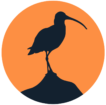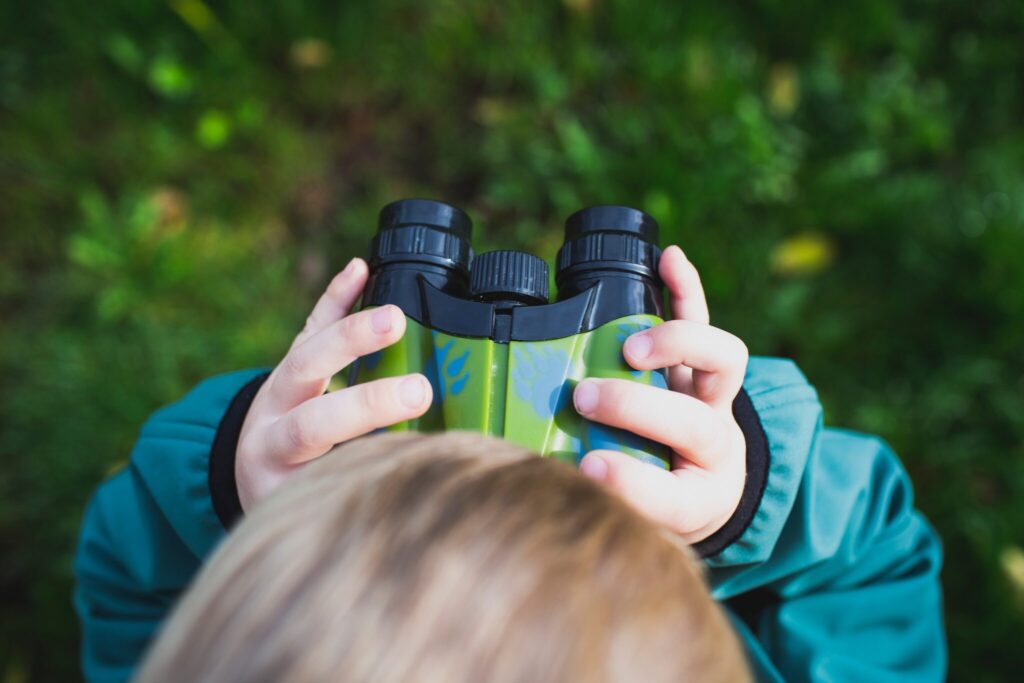Written by Alice Weaver.
Let me start off by saying that this last two years have been great for connecting people with nature; although the pandemic has been terrible it has been a very steep learning curve to why we truly value the world around us. This valuation of nature should have been something instilled in us from a young age; if we had the education in the school system to teach us about the importance of biodiversity then maybe the smaller building blocks of climate change may not have occurred. Of course, they may have still occurred, but I truly believe that education means that we might not have made some of the mistakes we did.
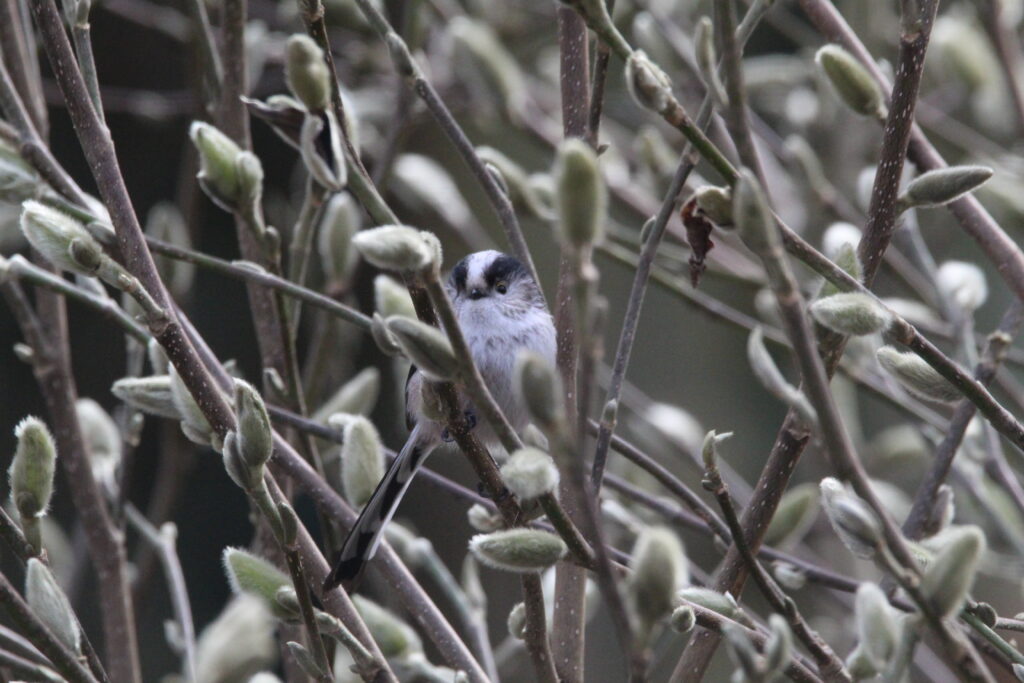
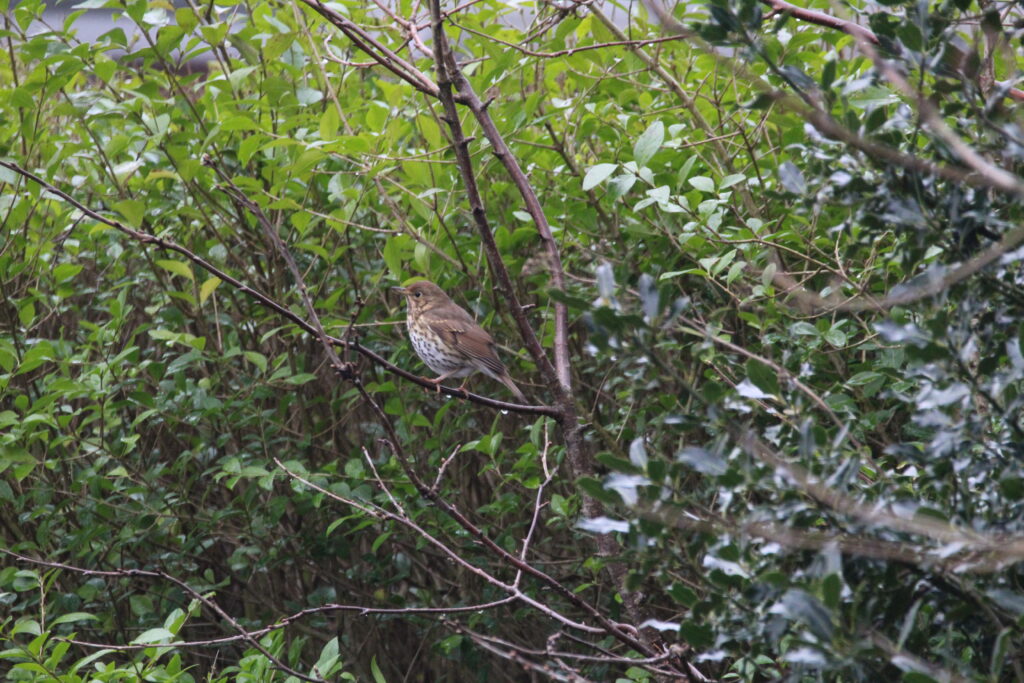
During the first lockdown, my Facebook feed was full of people asking what kind of bird something was and it caused a lot of confusion. Growing up, I was always found with my head in some type of animal book but many of my peers weren’t the same. Seeing the garden species’, I regularly have exposure to being marvelled at as though they were a new sight is mind blowing. It’s also sad that these regular sights were only being taught now; for context I am 26 years old and live in a semi-rural area. Many of my peers have children of their own, and I’m grateful that they’ve had the time to learn, but I can’t help but think about the ‘what ifs’. If we didn’t have this pandemic, would these people have taken the time to learn about nature? If we didn’t get stuck at home, would the next generation have been so exposed to the natural world and their own green spaces? Would we have spent time, as a community, feeling grateful for those green spaces and the sanctuary that they became? (Photos by author)
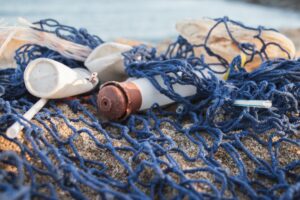
If we look at the plastic pollution, it’s rife in many areas; but I wasn’t expecting to see pollution on the beaches of the Coast during a trip to Scotland. This wasn’t a recent trip, so things may have improved, but seeing plastic bags from shops located in the Scottish mainland was hard to swallow. Had we been taught about the damage to our fragile ecosystems, and the loss of wildlife linked to plastics and microplastics; we may have been more proactive about finding alternatives. I’m anxious to go back in a few years, have we learned enough to make these changes? Will we have finally started to care for our planet? (photo by Angela Compagnone)
Now, how do I believe that the school system could help? Well, I’m not knocking the Pythagorean Theorem, I’m sure Pythagoras was a great guy and he loved his triangles – but I can honestly say that I have never once needed to know that a squared plus b squared is equivalent to c squared. I’m sorry Pythagoras, but I feel like learning how long our common materials take to break down or how to calculate the births, immigration, deaths and emigration statistics of local species would have been more beneficial. Take hedgehogs f
or example, learning more about their struggles during my schooling would have encouraged me to take action for them a lot sooner than I did. I’d have started in my teens and not in my twenties. Many of my peers didn’t even know about these struggles until I mentioned it on social media. Why aren’t we taught this? Why aren’t we taught that the natural world around us is something to be treasured and something to be protected? These things won’t last forever unless we do something about it. This desire to protect nature, this passion for wildlife and zest for a healthy relationship with our planet needs to start while we’re young. If I’d have known back in my younger years what I know now, I’d have done so much more. I’d have reduced my plastic bottle usage and I definitely wouldn’t have demanded a car take me to school when it was only a 45-minute walk. These little changes add up, especially when it’s more than one person. We’re taught to care about our history, the history of other places, but what about our natural history. When will the education system teach us to care about that? I appreciate that I learned about the plague and the monarchy, but why didn’t I learn about coral bleaching or the ice caps melting? I have no say in the past, I have no say in our monarchy, but I do have a say in how my actions impact on our planet and so does the next generation – if we teach them.
